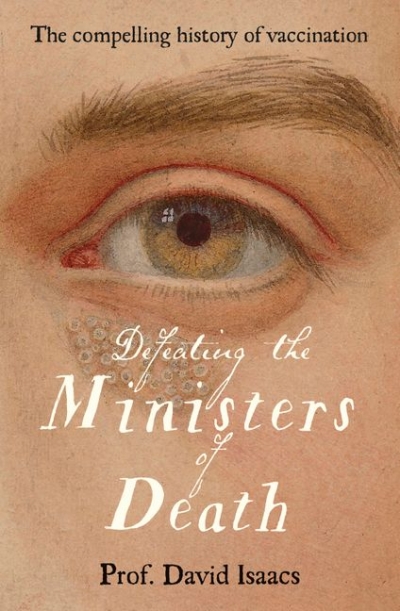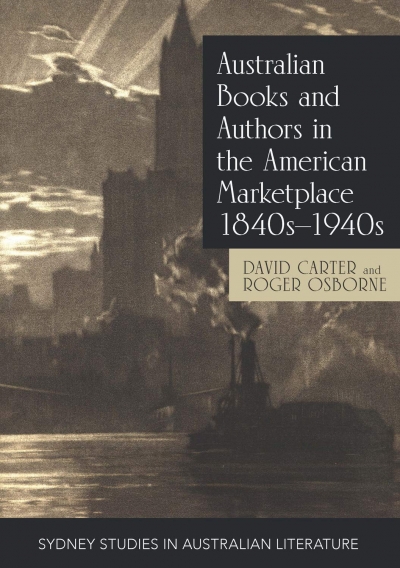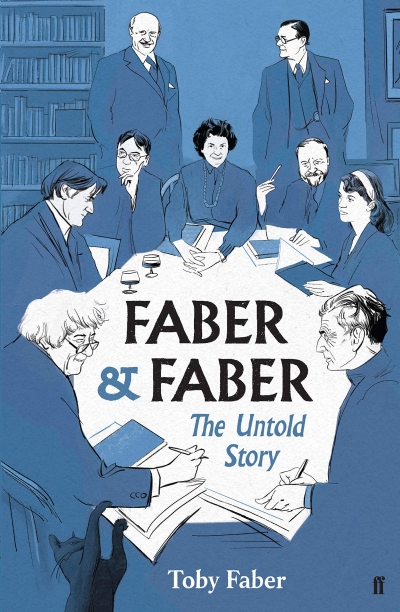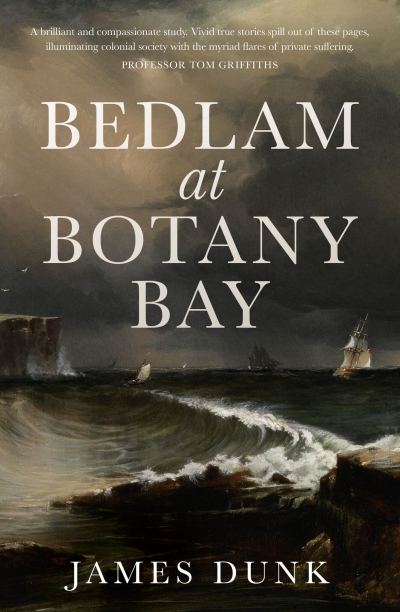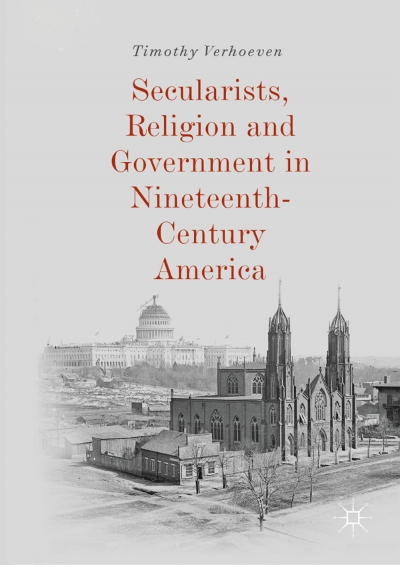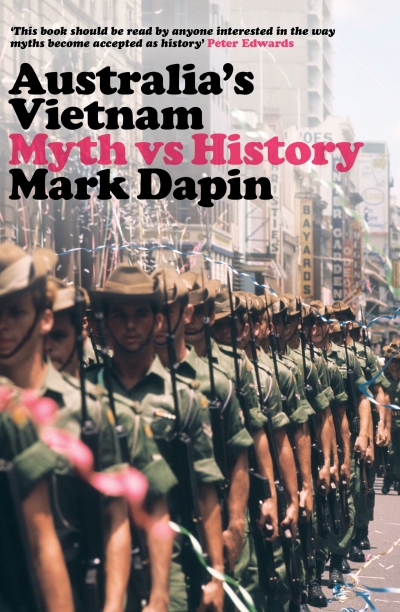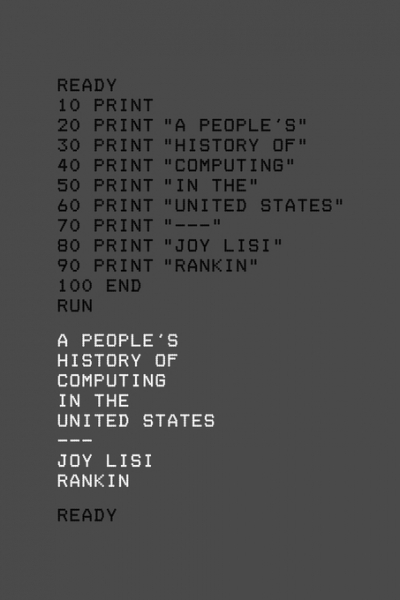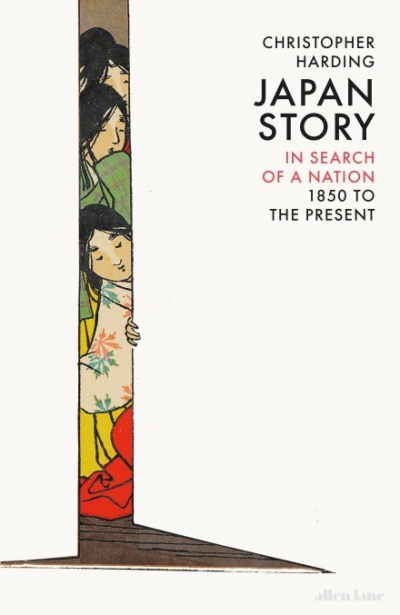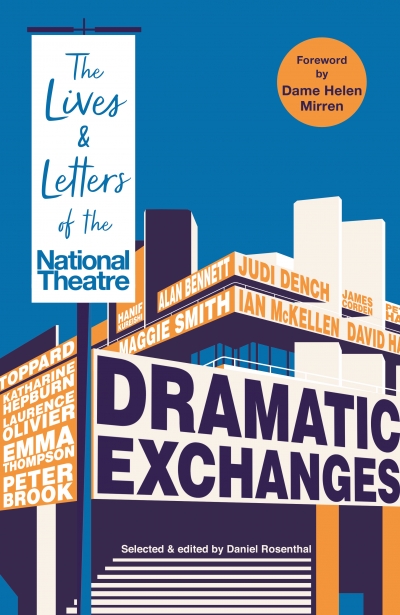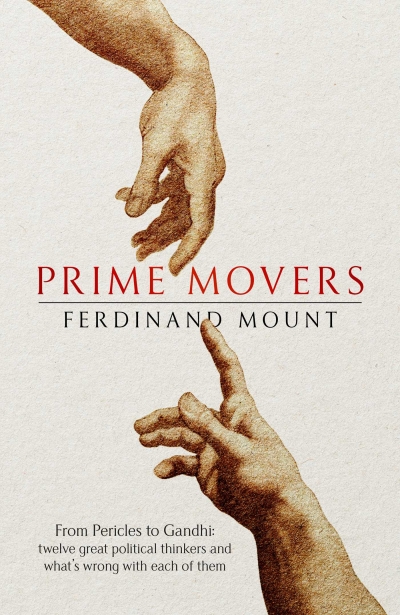History
Defeating the Ministers of Death: The compelling history of vaccination by David Isaacs
In the early eighteenth century, smallpox inoculations were introduced to England and promoted by the charismatic Lady Mary Wortley Montagu, one of the many scintillating characters in David Isaacs’s outstanding book Defeating the Ministers of Death ...
... (read more)Australian Books and Authors in the American Marketplace 1840s–1940s by David Carter and Roger Osborne
While working in the London advertising world in the late 1960s, Peter Carey sent his stories to a leading New York literary magazine, Evergreen Review, only to be unimpressed by another rejection ...
... (read more)Faber & Faber: The untold history of a great publishing house by Toby Faber
The ‘untold history’ of Faber & Faber should be a cause for celebration. For so many of us, possessing the unadorned, severe paperbacks with the lower-case ‘ff’ on the spine meant graduation to serious reading: coming of literary age by absorbing the words and thoughts of Beckett, Eliot, Larkin, Stoppard, Hughes, Plath ...
... (read more)James Dunk is not the first Australian historian to notice that mental breakdown was surprisingly common during the first two European generations in New South Wales. Malcolm Ellis linked the ‘Botany Bay disease’ to rheumatic fever, rife on shipboard, which ‘ruined the lives or unbalanced the minds of … many pioneers’. Manning Clark spoke of ...
... (read more)Secularists, Religion and Government in Nineteenth-Century America by Timothy Verhoeven
In an address to the National Prayer Breakfast (8 February 2018), President Donald Trump called the United States a ‘nation of believers’. As evidence, he reminded his audience that the American currency includes the phrase ‘In God We Trust’ and that the Pledge of Allegiance is ‘under God’ ...
... (read more)Almost all historical events are attended by myths, some of them remarkably persistent, but Australia’s involvement in the Vietnam War has perhaps more than its fair share. Mark Dapin has set out to dispel what he sees as six of these myths, which he first encountered working on his book The Nashos’ War ...
... (read more)A People’s History of Computing in the United States by Joy Lisi Rankin
According to most accounts, the history of computing is a triumph of enterprise. This story starts in the 1950s and 1960s with commercial mainframe computers that, one stack of punch-cards at a time, assumed business tasks ranging from managing airline reservations to calculating betting odds ...
... (read more)Japan Story: In Search of a Nation, 1850 to the present by Christopher Harding
Our tutor in Japanese conversation at the Australian National University in 1968, rather than listen to us mangling his language, used to write the kanji for all the political factions on the board, with a Ramen-like chart of connections looping between them and multiple interest groups ...
... (read more)Dramatic Exchanges: The lives and letters of the National Theatre edited by Daniel Rosenthal
What exactly is a National Theatre for? What is its purpose? What form should it take? National theatres come in many configurations. There is the four-hundred-year-old Comédie-Française serenely presiding over French culture from the Salle Richelieu. The Habima Theatre of Israel ...
... (read more)Prime Movers: From Pericles to Gandhi: Twelve great political thinkers and what’s wrong with each of them by Ferdinand Mount
Describe the twelve most influential thinkers who shaped Western political traditions. Chaos must ensue. Your list will be outrageous, but mine also. Consider whom you leave off the roll-call. Just one woman. No one from Africa or Asia. Only Jesus to represent millennia of Jewish thought ...
... (read more)

